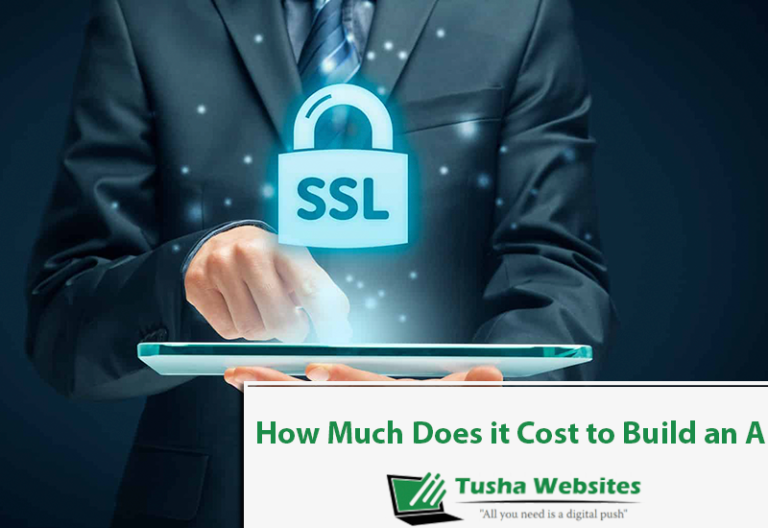SSL Certificate stands for Secure Sockets Layer and, in short, it’s the standard technology for keeping an internet connection secure and safeguarding any profound data that is being sent between two systems, preventing criminals from reading and modifying any information transferred, including potential personal details.
Note: All business websites or blogs which are secured with SSL and TLS are always branded with the HTTPS in their respective URL address.
How to check SSL certificate validity?
SSL is always significant to check if the SSL/TLS certificates are installed and if they are still valid on a website before you trust it by entering your sensitive data like credit card details, passwords, and usernames. Check SSL certificate validity status, know the name to which the SSL certificate is issued, and the issuing authority.
What is the purpose of SSL?
SSL stands for Secure Sockets Layer and, in short, it’s the standard technology for keeping an internet connection secure and safeguarding any sensitive data that is being sent between two systems, preventing criminals from reading and modifying any information transferred, including potential personal details.
What happens if you don’t have SSL?
If you don’t have an SSL certificate, your website may still function as always, but it will be vulnerable to hackers and Google will warn visitors that your website is not secure. Google also gives priority to websites that have an SSL certificate.
How do SSL certificates work?
A browser or server attempts to connect to a website (i.e. a web server) secured with SSL. The browser/server requests that the web server identify itself. The web server sends the browser/server a copy of its SSL certificate. The browser/server checks to see whether or not it trusts the SSL certificate.
How do I test an SSL certificate in Windows?
To view certificates for the current user
- Select Run from the Start menu, and then enter certmgr. msc. The Certificate Manager tool for the current user appears.
- To view your certificates, under Certificates – Current User in the left pane, expand the directory for the type of certificate you want to view.
Should I pay for SSL?
Why should you pay for an SSL certificate? The biggest reason to pay for an SSL certificate instead of going with a free version is liability protection. With a paid certificate, you’ll have better liability protection. This means that in the event of a data breach, you are insured based on your warranty level.
Why does your site need SSL installed?
The site with SSL installed performs well with both robots (search engine) and humans. This is because SSL guarantees secure communication between client servers on the web.
How does it work?
- Increases click-through rates (CTR) – This is because all visitors have more trust in sites with SSL certificates installed compared to sites without SSL.
- Reduces bounce rates
- Increases domain authority
- SSL facilities to the bank, this is because visitors have trust to refer to your content.
- Increases customer trust
SSL certificates are not too expensive to purchase, try it here: Buy Your SSL, for secure protection


